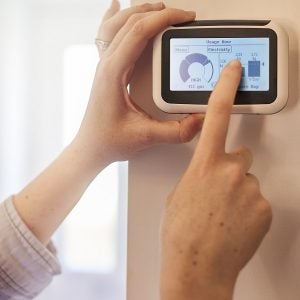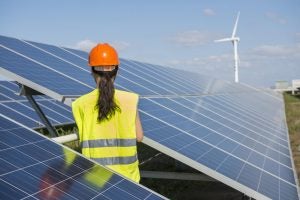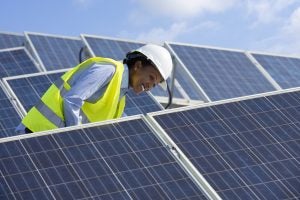 While economic and environmental concerns have driven significant electric sector improvements, climate impacts of continued reliance on natural gas for heating and cooking has gone largely unchecked. A recent decision by the Illinois Commerce Commission sends a signal that natural gas utilities will not be permitted to invest customer dollars unchecked.
While economic and environmental concerns have driven significant electric sector improvements, climate impacts of continued reliance on natural gas for heating and cooking has gone largely unchecked. A recent decision by the Illinois Commerce Commission sends a signal that natural gas utilities will not be permitted to invest customer dollars unchecked.
State public utilities commissions regulate natural gas distribution utilities and set their rates of return, one component of which is “return on equity.” These regulators thus have a tremendous influence on the long-term profitability of utilities and their investment decisions. Higher rates of return incentivize greater system buildout — the more the utility builds, the greater their profit.




